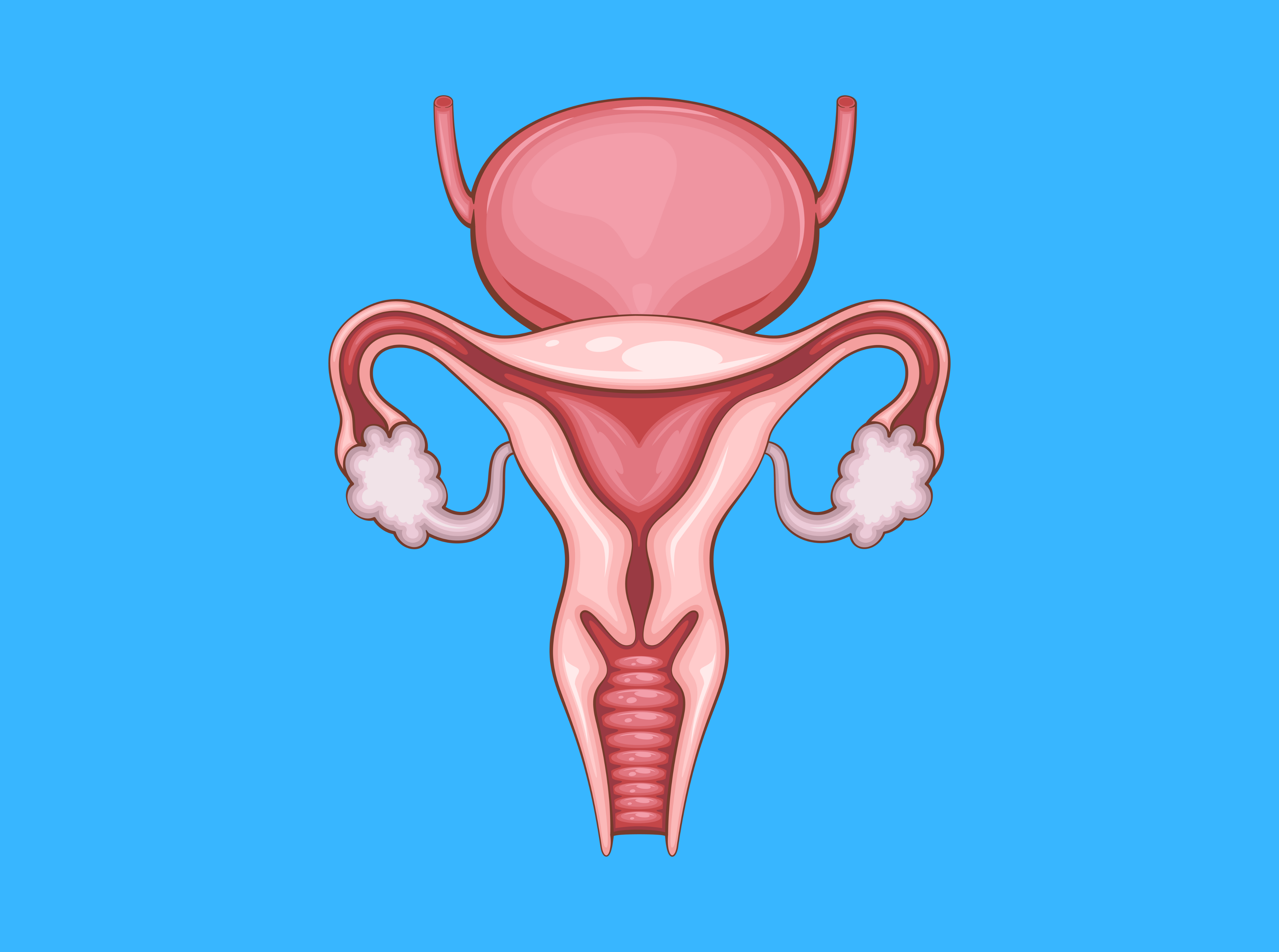
Gynecologist : benefits of Cyanopower & Cyanoamrut
Spirulina presents a scientifically validated and clinically relevant nutraceutical for gynecologists in India, offering multi-targeted benefits across common and chronic female health conditions.
Iron-deficiency anemia remains a pervasive issue among Indian women, particularly during adolescence, pregnancy, and the reproductive years. Spirulina, with its exceptionally high content of bioavailable
iron (up to 3–8 mg/g) and elevated vitamin B12 and folate levels, has demonstrated superior efficacy in improving hemoglobin and red blood cell counts compared to traditional iron salts, while minimizing
gastrointestinal side effects and hepatic overload (Kapoor & Mehta, 1993; Sankar et al., 2011). Its role in regulating menstrual irregularities and reducing premenstrual syndrome (PMS) is attributed to
its rich composition of γ-linolenic acid (GLA), magnesium, and B-complex vitamins, which modulate prostaglandin synthesis, neurotransmitter balance, and hormonal stability (Karkos et al., 2011; Halpern
et al., 2001).
Additionally, emerging evidence indicates that Spirulina exhibits anti-tumor and immunomodulatory properties relevant to hormone-dependent malignancies, particularly breast cancer. Compounds such
as phycocyanin, chlorophyll, and β-carotene possess antioxidant and antiproliferative effects, inhibiting cancer cell growth, promoting apoptosis, and enhancing natural killer (NK) cell activity
(Mathew et al., 1995; Romay et al., 2003). Given its safety profile, nutrient synergy, and systemic therapeutic effects, Spirulina is an ideal adjunct for anemia correction, menstrual health
optimization, and supportive therapy in breast cancer care in Indian women.
Selected References:
← Back to Benefits